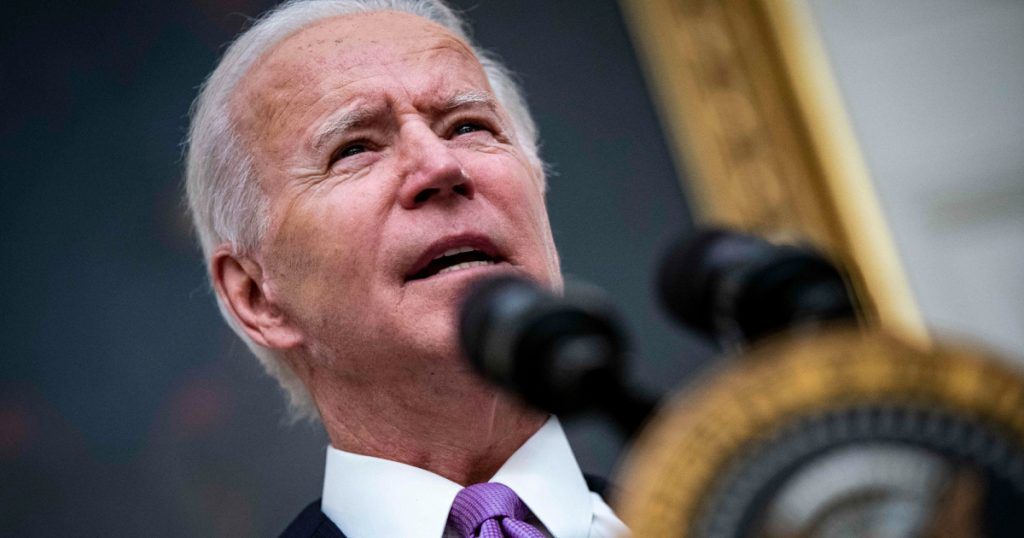Biden Takes a First Step to Raise the Minimum Wage
Al Drago/ZUMA
Let our journalists help you make sense of the noise: Subscribe to the Mother Jones Daily newsletter and get a recap of news that matters.President Joe Biden is expected to sign an executive order on Friday aimed at raising the minimum wage for federal contractors to $15 dollars an hour. It’s the first step the Biden administration is taking to make good on a campaign promise to raise the United States’ minimum wage—and without Congress’ help, it may be one of the only steps the president can take to raise wages.
The order directs agencies to review their workforce and lay out steps to increase pay to anyone earning under $15 an hour. It also lays the groundwork for a second executive order, expected within the first 100 days of Biden’s administration, that will raise the minimum wage to that amount for all federal workers and contractors.
The raise would increase the current minimum rate for federal workers, $10.95 per hour, by more than a third. That number hasn’t seen a meaningful boost since 2014, when President Barack Obama similarly used his executive authority to raise federal contractor pay to $10.10 and enact a system of modest inflation-related automatic updates.
Biden had been an early and enthusiastic supporter of raising the minimum wage to $15 for all workers—not just those employed by the federal government—during the 2020 campaign. But he can’t do that without Congress, explains Heidi Shierholz, senior economist at the Economic Policy Institute. His proposed $1.9 trillion economic relief package includes a provision raising the wage for all US workers to $15 an hour, including those who currently earn the federal minimum wage of just $7.25 an hour. It would also end the subminimum wage rate for tipped workers and employees with disabilities, which is as low as $2.13 an hour in some states.
So far, Biden’s relief package doesn’t appear to have enough Republican support to clear the Senate by garnering a filibuster-proof 60-vote supermajority. While many of the package’s line items could pass through the budget reconciliation process, which requires only 51 votes for passage, it’s unclear that the $15 minimum wage proposal would be deemed eligible for that route by the Senate parliamentarian.
Biden’s executive actions are an attempt to fulfill a campaign promise to the extent he can at a time when his administration and allies argue raising the wage for this group of workers will have broader and beneficial cascading effects. If Biden is able to raise pay for federal contractors quickly, Shierholz says, “that’s not a stimulus, but it will create some jobs because you’re getting money into the hands of people who will spend it.”





